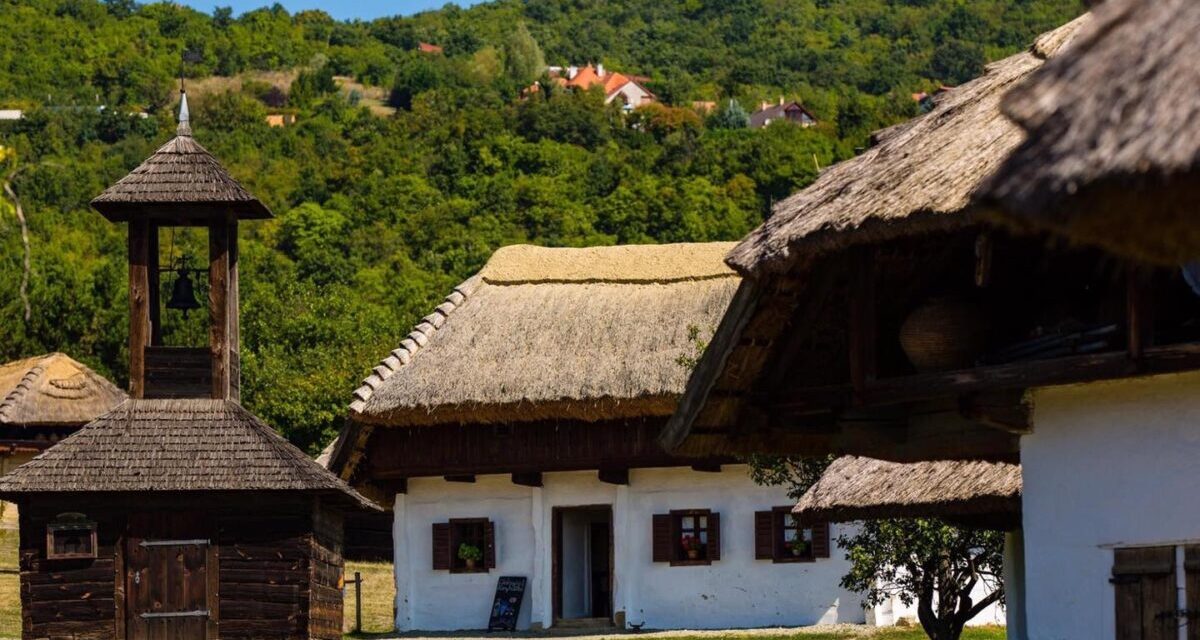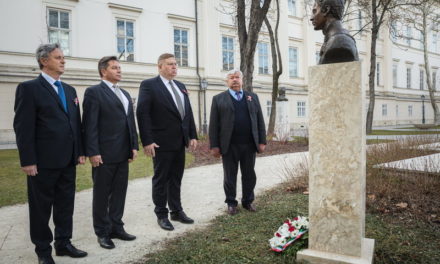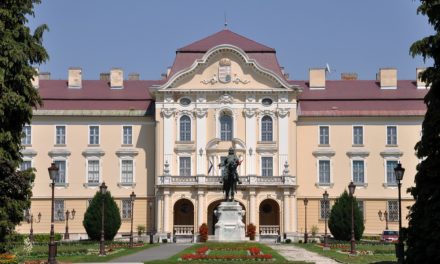Civil organizations, associations, and foundations are the indispensable fabric of the Hungarian nation, said Szentendré, the Parliamentary and Strategic State Secretary of the Prime Minister's Office, on Monday.
Miklós Panyi in the open-air museum II. Welcoming the National Civil Conference, he drew attention to the fact that civil organizations are present in the entire area of the Carpathian Basin and carry out their voluntarily undertaken tasks in almost all segments of society.
The self-organizing communities, taking on many tasks with their activities, significantly help the state's operation. Their activities are essential for the success and development of Hungary, for the efficient cooperation of the state and society, he said.
He added that there will always be areas where the state can only function effectively through social organizations. He also emphasized that in a world that is changing more and more rapidly and becoming more and more complex, there is an increasing need for physical connections instead of virtual space, and social activities made up of people instead of a digitized environment.
As he put it, the work of social organizations in the wartime, uncertain period, in a world with increasingly confused values, is a safety net for Hungarian communities that must be protected and strengthened.
Miklós Panyi explained: there is a great need for a committed civil sphere that creates living communities, because "the madness of the New Left, the aggressive ideologies that are increasingly holding the West hostage have put our social organization and everyday life under complete attack".
They attack the institution of the family, the issue of raising children, national traditions, "our national identity, history, and culture."
The new Marxist ideologies want to take over political power, dominate the public discourse, control education, culture and the thoughts of our children, but the Hungarians will not renounce their country, their history, their heroes, their national identity, they will not give up their culture and most of all they don't give up on their children. Civil life in the traditional sense, the ideal and the world of the self-aware, self-active, responsible citizen are also under pressure. Organizations pretending to be civilians, funded from abroad, but actually striving for political power are increasingly active in Hungarian public life, he opined.
It is important to make people aware that the representation and enforcement of foreign interests, the acquisition of political and economic power, and the spread of foreign ideologies are not carried out today through armed occupying forces, but through agent networks interweaving political, economic and civil life.
One of the most important battlefields for this is the world of social organizations. That is why special attention must be paid to the state of the civil sphere and processes related to social organizations.
The cause of civil society is a national matter, therefore the government protects and supports the community and value-creating activities of civil organizations, their work that strengthens the idea of a responsible, self-active citizen, Miklós Panyi said.
He reported that in the past 14 years, the amount of state aid flowing into the civil sector has increased more than three and a half times.
Government spokesperson Eszter Vitályos, the region's Fidesz parliamentary representative, said: the greatest value is what one person selflessly gives to another, and the work of civil organizations is just like that.
For civil organizations, there is neither special attention, nor enormous recognition, nor "material or tangible goods", "you do this work together with us because you believe that Hungary is a common treasure of all of us", he said.
Vince Szalay-Bobrovniczky, Deputy Secretary of State for Civil and Social Relations of the Prime Minister's Office, host of the Civil Cavalry event, spoke about, among other things, that according to the latest data from the KSH, there were 60,878 foundations and social non-profit organizations in Hungary in 2022, the number of associations and foundations was 53 It was 478.
21.8 percent of the country's non-profit organizations operate in Budapest, 19.7 percent in the county seat, 31.1 percent in other cities and 27.4 percent in various villages; Between 2010 and 2022, the amount that state organizations provide to NGOs increased from HUF 144 billion to HUF 513 billion per year. Between 2010 and 2022, the income of civil organizations increased from HUF 420 billion to HUF 1,270 billion, he said.
According to the deputy state secretary, it is an important goal for the economic sector to participate in the support of civil organizations to a greater extent than it has done so far. Vince Szalay-Bobrovniczky also spoke about the fact that a well-functioning civil office network was established more than ten years ago, "and we were able to operate this network with increasing subsidies".
Miklós Cseri, the general director of the Szentendre Open Air Ethnographic Museum, recalled that the open-air museum's huge collection was created with the help of the residents of the villages and settlements across the border, and the organizations there, "we work together with you, the society you represent, every day".
Cover image: Szentendre Skanzen
Source: Facebook/Szentendre Skanzen













